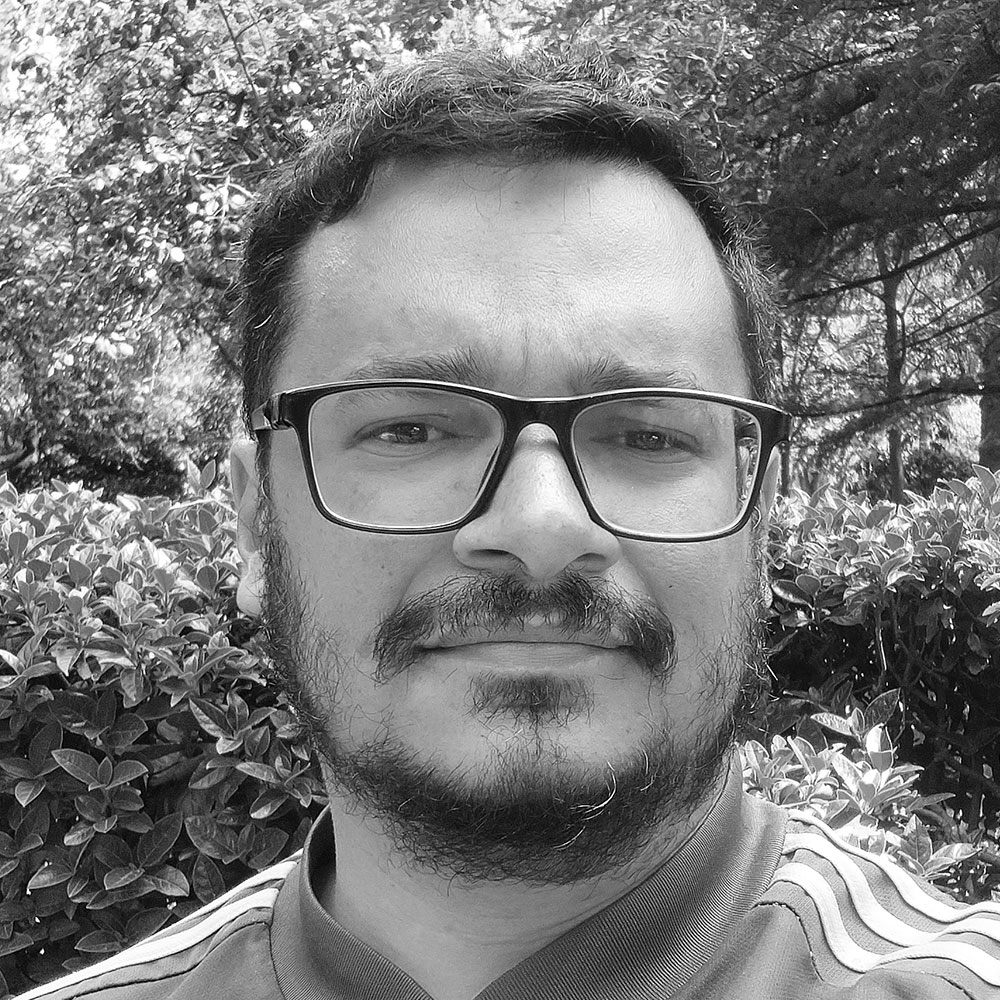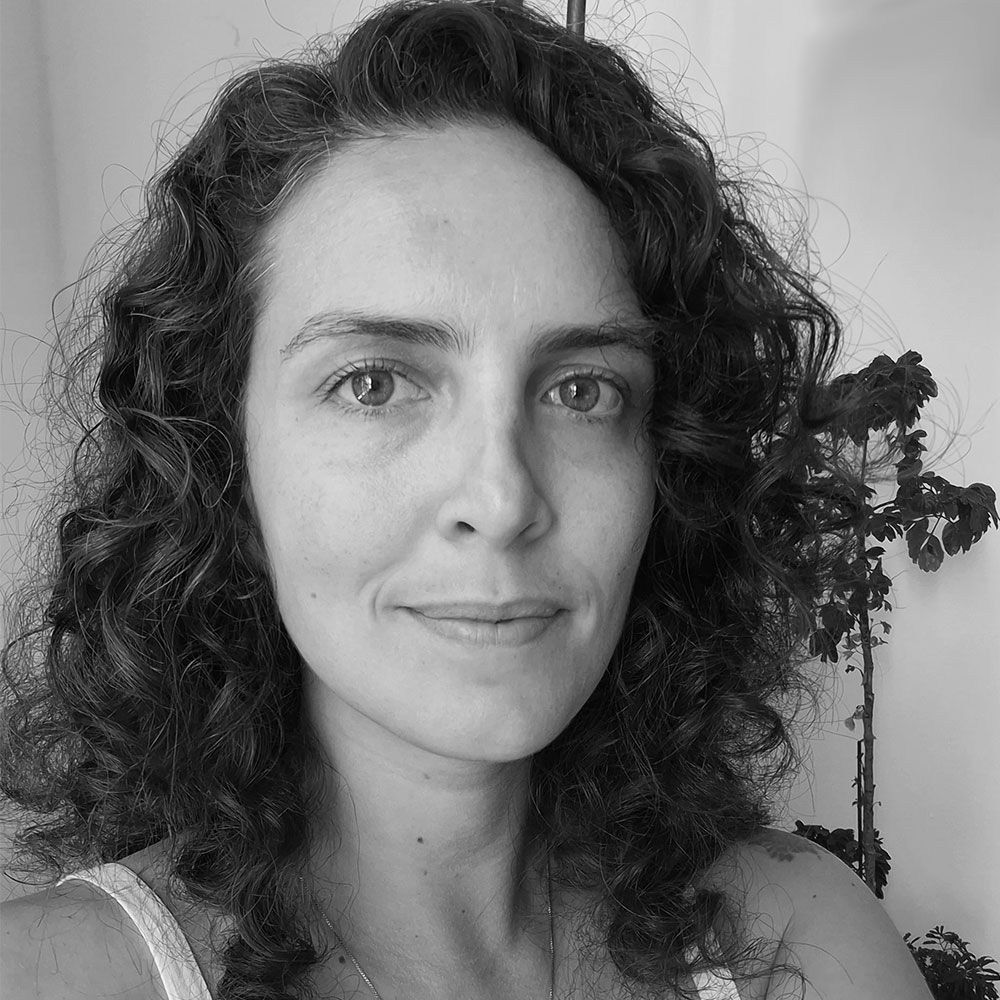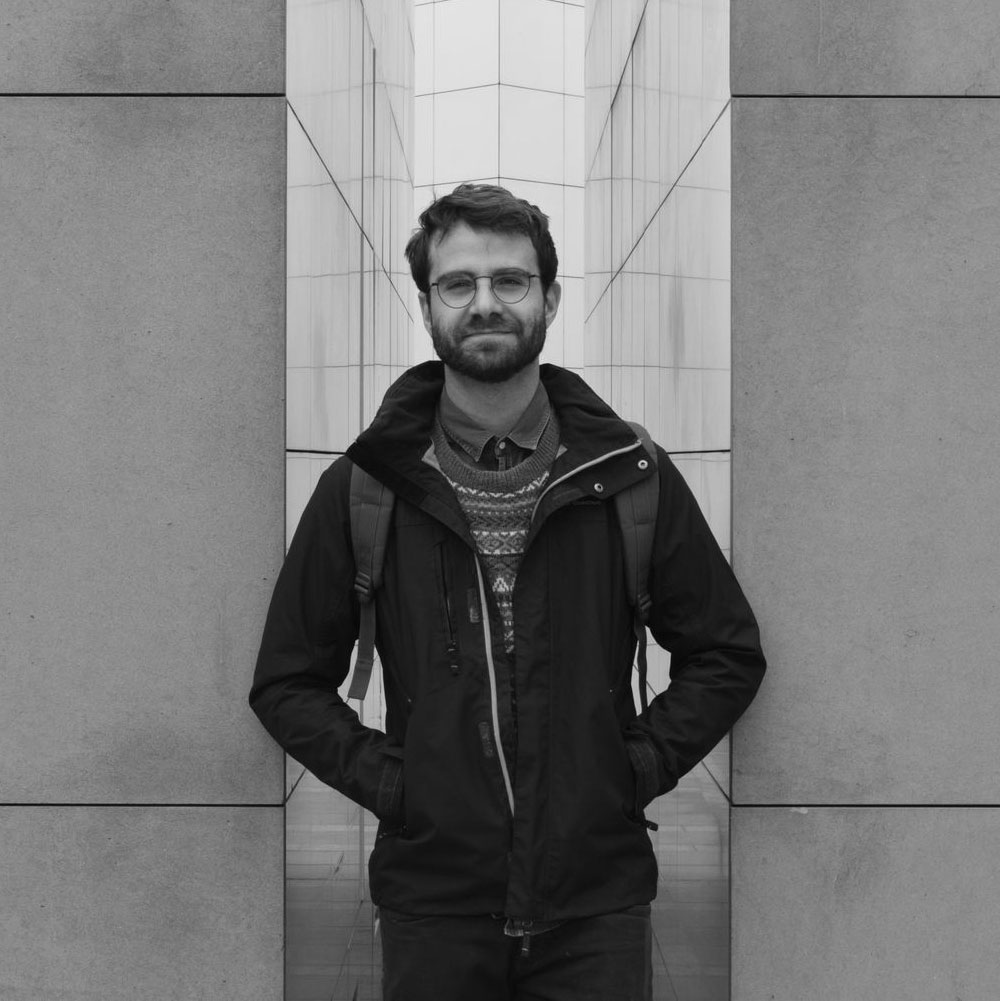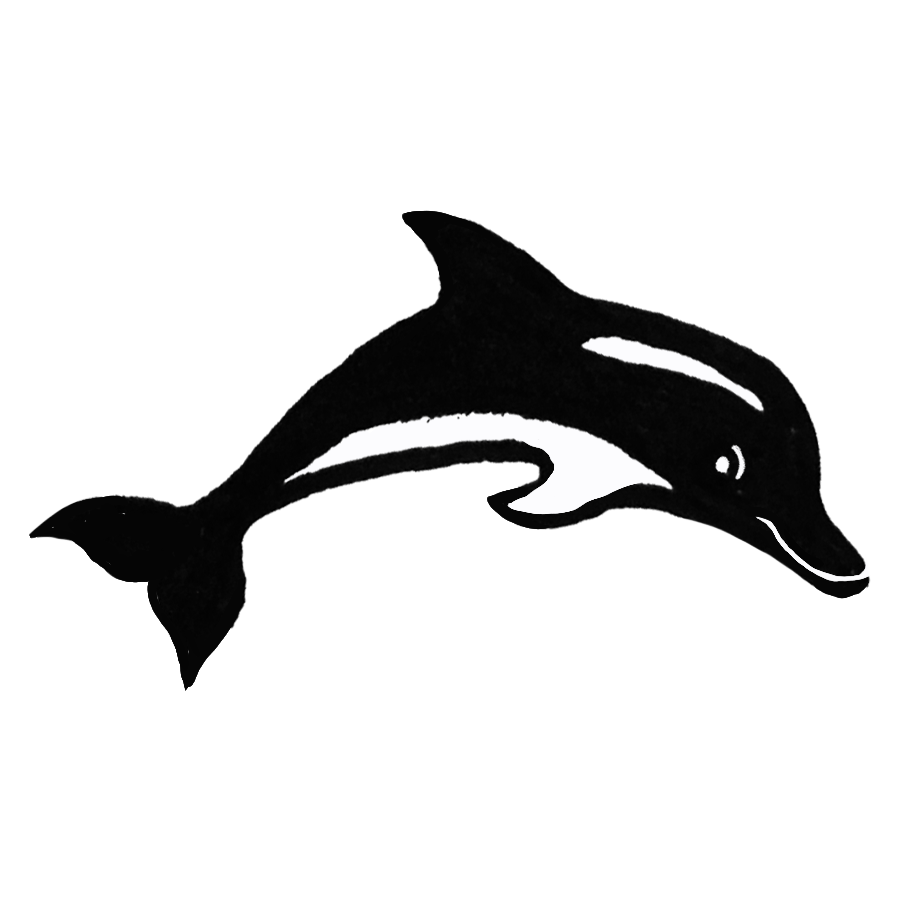
José Costa Júnior

Beatriz Búrigo

Caetano Sordi
Minas Gerais
In the estuary of Laguna, south of Brazil, there is a special group of Dolphins that are known to help the fisherman catch their favourite fish, the Mullet. They are called by these fishermen “The Good Dolphins” and they have been working together for the last 150 years. This ancient relationship is now threatened as the dolphins have been constantly dying for the last couple of years. What used to be 50 individuals, is now down to 25. Pollution, illegal fishing nets, and Jet skis are threatening this special relationship, and is up to the fisherman to fight back and try to save their co-workers. Through the eyes of the fisherman, we will immerse in their culture and understand their fight against the extinction of their unique friendship with the dolphins.
José Costa Júnior (Federal Institute of Minas Gerais, Ponte Nova Campus, Brazil)
Professor of Philosophy at the Federal Institute of Minas Gerais (Ponte Nova Campus) since 2014. PhD in Ethics and Political Philosophy from the Federal University of Minas Gerais (2017), Master in Philosophy of Literature from the Federal University of Ouro Preto (2011), Bachelor and Licentiate in Philosophy also from the Federal University of Ouro Preto (2009).
Screening of documentary "Os Bons Botos" (Brazil, 2022) for the academic community (300 students), followed by a presentation and discussion of Mary Midgley's hypotheses on animality and humanity. The event is not open to the general public.
Credits
Director - Pedro Furtado
Cinematography- Pedro Furtado , Felipe Rosa
Music - José Carlos Pires Júnior , Lucas Meneguette
Narration - Amrit Sandhu
Edit - Pedro Furtado
Santa Catarina
Collaborative fishing between dolphins (Tursiops truncatus gephyreus) and humans occurs in a few places in the world, two of them in southern Brazil: in Laguna-SC and between Tramandaí and Imbé-RS. In these estuaries, only a few dolphins within a broader population forage in collaboration with humans, cornering mullets (Mugil sp.) and signaling the right time to throw the cast net. The “good” dolphins, as they are called by fishermen, share with them technical systems, in which, in addition to fish, skills and modes of communication circulate. Furthermore, there is the dimension of shared learning, where neophyte fishermen and dolphins learn from older and more experienced dolphins and fishermen in this shared fishing environment. Therefore, in the process of registering this relationship as cultural heritage, the holders of the practice are both humans and dolphins.
The project “Traditional Knowledge and Practices associated to Artisanal Fishing with Dolphins in Laguna/SC and other occurrences in the South of Brazil”, conducted by the team from CANOA - Collective of Studies in Environments, Perceptions and Practices, from the Department of Anthropology and PPGAS/UFSC, aims to carry out technical instructions for recording collaborative fishing with dolphins, in view of their recognition as Intangible Heritage of Brazil by the Institute of Historical and National Artistic Institute (IPHAN). Our group is made up of professors, undergraduate students and researchers from the areas of anthropology, biology and visual arts.
Caetano Sordi
Project supervisor
Beatriz Búrigo
Postdoctoral researcher
PhD in Social Anthropology at Federal University of Santa Catarina - UFSC, in Florianópolis. Participant of Tekoá Collective Association, a community-based tourism association dedicated to safeguarding the coastal culture of Santa Catarina. Main interests lie in more-than-human socialities, maritime ecologies, artisanal fishing practices, landscape studies, cultural heritage and public policies.
For the project “Philosophy in the Wild - Finding Hope in Mixed Communities” we thought about holding an event with fishermen in the places where fishing takes place, simultaneously with the presentation of the results of the research that has already been carried out for registration as cultural heritage. It would work as a delivery of results, but also a way of presenting a new dynamic for thinking about the multiple relationships in this mixed community. Furthermore, we will prepare as multispecies poetry a piece of the net soiled with mullet blood, sand, canal water - the shared smell of mullet is this, not in the culinary sense, but from the mixture of the environment, the place, with the materiality of the fish, an entire landscape in a piece of net, and it is what usually stays with us after participating in a day of fishing.

Dolphins
